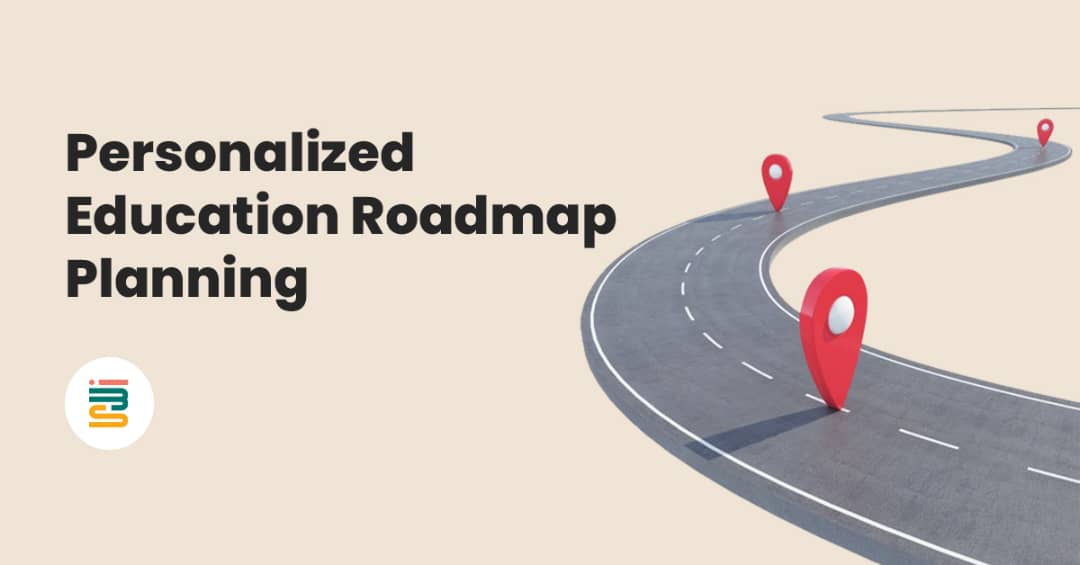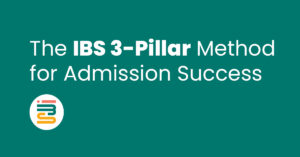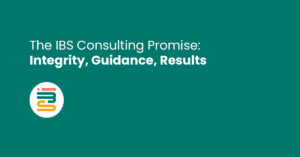Education is key to personal growth, but not every learner benefits from the same approach. Everyone has their own strengths, challenges, and goals. That’s why a Personalized Education Roadmap Planning can be a game-changer. Instead of following a generic path, this plan focuses on what works best for you as an individual, adjusting learning strategies to match your unique needs.
If you’re a parent, you want your child to thrive and reach their full potential. As a student, you may want more support to stay on track and accomplish your personal goals. For educators, the focus is on finding ways to meet each student’s needs so they can succeed. That’s where Personalized Education Roadmap Planning can step in, offering guidance tailored to those specific goals.
This approach isn’t just about better grades, it’s about creating an environment where learning is meaningful and exciting for everyone involved. It puts control in the hands of the learner, helping them feel motivated and supported every step of the way. Whether you’re a parent, student, or educator, taking the time to craft a personalized learning journey could make all the difference.
Understanding Personalized Education Roadmap Planning
What is Personalized Education Roadmap Planning? At its core, personalized education roadmap planning involves creating a structured, customized learning plan tailored to an individual’s unique strengths, weaknesses, goals, and preferences. Unlike traditional methods, this roadmap aligns learning activities and resources with the specific needs of the learner, fostering growth at an optimal pace.
This strategy integrates elements like:
- Goal-setting for academic and personal development.
- Choosing appropriate learning resources.
- Incorporating flexibility to adapt to changing needs.
Benefits of Creating a Tailored Education Plan
A tailored study plan for students offers numerous benefits:
- Improved Engagement: Students feel more connected to materials that match their interests and abilities.
- Better Retention: Customized approaches help learners grasp and retain concepts effectively.
- Confidence Boost: Achieving milestones fosters self-esteem and motivation.
- Goal-Oriented Growth: It keeps students focused on long-term objectives.
- Efficient Learning: By prioritizing relevant topics, students save time and energy.
Key Steps in Developing a Personalized Education Roadmap
Step 1: Assessing Current Strengths and Weaknesses
Curious about the advantages of pursuing your studies overseas? Reach out to IBS Consulting and book your FREE consultation to learn more!
Book Your Free Consultation
The first step in creating a personalized education roadmap is understanding the learner’s baseline. This involves:
- Reviewing academic performance.
- Identifying strengths, such as proficiency in certain subjects.
- Pinpointing weaknesses or areas needing improvement.
Educational assessments, teacher feedback, and self-evaluation tools can provide valuable insights.
Step 2: Identifying Learning Goals and Objectives
Goals are the foundation of a custom education plan. These goals should be:
- Specific: For example, mastering algebra within three months.
- Measurable: Using grades or test scores as benchmarks.
- Achievable: Tailored to the learner’s abilities.
- Relevant: Aligned with long-term aspirations.
- Time-Bound: Setting clear deadlines for milestones.
Step 3: Choosing Suitable Resources and Tools for Learning
Selecting the right resources is crucial. Options include:
- Online platforms offering interactive content.
- Textbooks and practice materials suited to the learner’s level.
- Digital tools like educational apps for tracking progress.
Popular platforms such as Khan Academy, Coursera, and Quizlet provide personalized support.
Step 4: Creating a Structured Timeline for Achieving Goals
A well-planned timeline ensures that learning stays on track. Breaking down goals into manageable chunks with specific deadlines makes the roadmap actionable. For instance:
- Week 1–4: Focus on basic concepts.
- Week 5–8: Apply concepts in practice tests.
- Week 9–12: Review and refine.
Step 5: Integrating Flexible and Adaptive Learning Methods
Adaptability is a hallmark of successful personalized learning. Incorporating flexible schedules, diverse resources, and ongoing evaluations helps cater to evolving needs.
Why One Size Doesn’t Fit All: The Need for Personalization
Challenges of Standardized Education
Interested in learning more about the benefits of studying abroad? Call IBS Consulting to schedule a FREE consultation right away!
Book Your Free Consultation
Traditional education systems often rely on standardized curricula, which:
- Overlook individual learning styles.
- Fail to address unique challenges faced by students.
- Result in disengagement or frustration for those who struggle.
Personalized approaches bridge these gaps by emphasizing individuality.
Tools and Platforms for Effective Education Roadmap Planning
Technology has become essential for creating a personalized education roadmap planning experience. It provides learners with tools that make studying more organized and enjoyable. Here are some highly effective platforms you can use:
- Google Classroom: A fantastic tool for managing assignments, sharing resources, and maintaining smooth communication between teachers and students.
- Edmodo: A collaborative platform where teachers, students, and parents can connect to discuss progress, share updates, and access study materials.
- Duolingo: Ideal for creating a custom education plan for language learners. Its interactive lessons adapt to individual learning speeds.
- Khan Academy: Offers free, tailored study plans for students, covering subjects like math, science, and history.
- Trello or Notion: These tools help students and parents organize learning timelines, set achievable goals, and track progress effectively.
Using these tools can simplify the creation of an individualized learning path, ensuring students stay on track while enjoying a smoother educational experience.
Common Mistakes to Avoid in Personalized Education Planning
Creating an effective education strategy for students requires careful thought and planning. Avoid these common mistakes to ensure success:
- Lack of Specific Goals: Setting unclear objectives can lead to confusion and slow progress. Define clear, measurable goals from the start.
- Ignoring Feedback: Regularly seek feedback from teachers, mentors, or even parents. This ensures the plan evolves as the learner’s needs change.
- Overloading Tasks: Cramming too many subjects or goals into one period can reduce focus and lead to frustration. Keep the plan simple and manageable.
- Not Adapting to Changes: Education is not a one-size-fits-all process. Adjust your personalized education roadmap planning regularly to address new challenges or opportunities.
Avoiding these pitfalls will lead to a more effective and engaging individualized learning path for students.
FAQs
What is the difference between personalized education planning and a standard curriculum?
A standard curriculum is a fixed approach applied to all learners in a group or classroom. In contrast, personalized education roadmap planning focuses on tailoring the learning process to fit an individual’s strengths, weaknesses, goals, and learning styles. This makes education more flexible and suited to the learner’s unique needs.
How often should you review or adjust your personalized education roadmap?
To ensure continued progress, review the roadmap every 4–6 weeks. This helps identify areas that need improvement, tackle challenges, and adapt to any changes in goals or interests.
Can tools like Duolingo and Khan Academy be used in personalized education planning?
Absolutely. Duolingo is great for designing a custom education plan for language learning, while Khan Academy provides tailored study plans for students across various subjects.
Why is feedback important in personalized education planning?
Feedback highlights areas of improvement and ensures the plan remains effective and relevant. Without feedback, you might miss critical gaps in the learning process.
Conclusion
Personalized education roadmap planning empowers learners to achieve their academic and personal goals more effectively. By using a custom education plan, students can focus on their strengths, address their weaknesses, and follow a path that suits their pace and aspirations. This leads to a more rewarding and stress-free educational experience.
Are you ready to take control of your learning journey? IBS Consulting can help you design a tailored study plan for students that perfectly aligns with your unique needs. We work closely with you to create an individualized learning path that ensures success.
With IBS Consulting, you’ll benefit from:
- Expert advice on creating the best education strategy for students.
- A detailed plan that adapts to your changing goals.
- Ongoing support to keep your learning on track.
Don’t leave your education to chance. Book an appointment with IBS Consulting today and start building the future you deserve.





